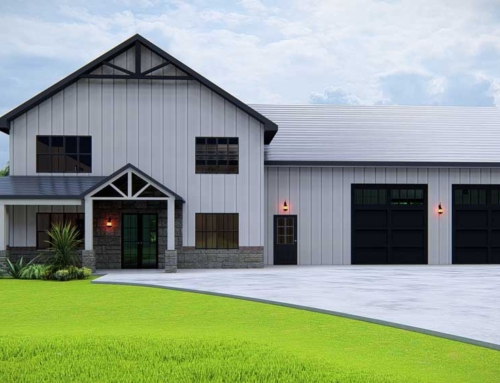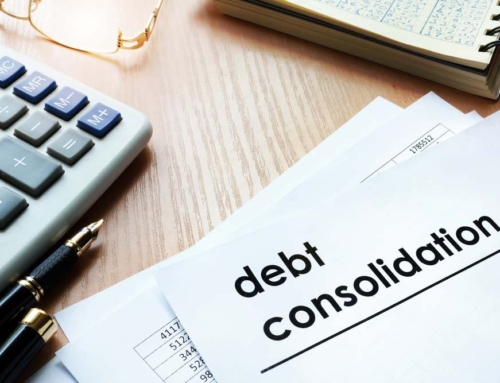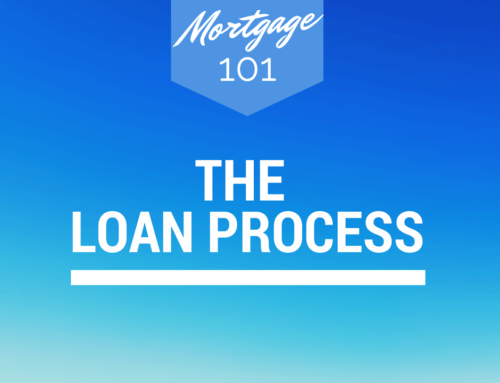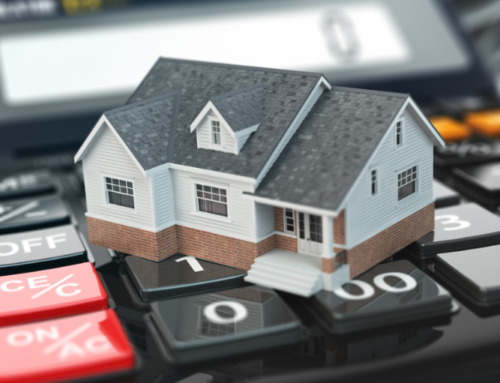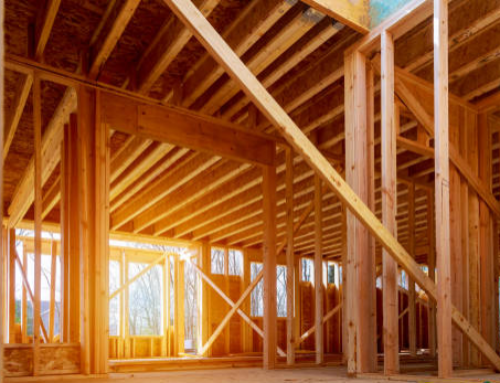Buying a home is an exciting milestone, but it’s essential to approach this significant investment with a clear understanding of the various costs involved. While the purchase price is the most apparent expense, many other financial considerations come into play. As prospective homeowners, being aware of these costs will help you make informed decisions, set realistic budgets, and avoid unpleasant surprises down the road. In this blog post, we will explore the key costs to consider when buying a home.
- Down Payment:
The down payment is the initial lump sum you pay upfront when purchasing a property. It is typically a percentage of the total purchase price, with the common benchmark being 20% of the home’s value. However, some loan programs may allow for a lower down payment, but this often leads to additional costs, such as private mortgage insurance (PMI). Saving for a substantial down payment can help reduce monthly mortgage payments and interest costs in the long run.
- Mortgage Costs:
Securing a mortgage involves several expenses, including application fees, origination fees, and appraisal fees. Lenders assess these costs to process your loan application and determine the property’s value. It’s essential to compare mortgage offers from multiple lenders to find the best deal that suits your financial situation.
- Closing Costs:
Closing costs are expenses incurred during the final stage of the home purchase process. These expenses cover various services, such as attorney fees, title search and insurance, recording fees, and property taxes. On average, closing costs can range from 2% to 5% of the home’s purchase price. It’s crucial to factor in these costs when preparing your budget to avoid being caught off guard at the closing table.
- Home Inspection:
A home inspection is a vital step in the buying process to identify potential issues with the property’s structure and systems. While this cost is typically borne by the buyer, it is well worth it to avoid future expenses on unexpected repairs and renovations. A thorough inspection can save you from making a costly mistake and help negotiate repairs or price adjustments with the seller.
- Homeowners Insurance:
Homeowners insurance is a must-have to protect your investment from unexpected damages, such as fire, theft, or natural disasters. The cost of insurance can vary depending on the location, size, and age of the property. Be sure to obtain multiple quotes and understand the coverage details to find the best policy for your needs.
- Property Taxes:
Property taxes are recurring costs that vary based on your home’s assessed value and the local tax rates. It’s crucial to research the property tax rates in the area you’re considering to understand the ongoing financial commitment you’ll be making as a homeowner.
- Home Maintenance and Repairs:
Homeownership comes with ongoing maintenance and repair expenses. From routine tasks like lawn care and HVAC servicing to unexpected repairs, such as roof leaks or plumbing issues, these costs can add up over time. Setting aside a monthly budget for maintenance will help you avoid being caught off guard by unforeseen expenses.
Conclusion:
Buying a home is a rewarding and life-changing experience, but it’s essential to approach it with a clear understanding of the costs involved. Beyond the purchase price, down payment, and mortgage costs, prospective homeowners must consider closing costs, home inspections, homeowners insurance, property taxes, and ongoing maintenance expenses. Being financially prepared and well-informed will empower you to make wise decisions and enjoy your new home without unnecessary financial stress. Remember, the right investment now will lead to a brighter and more secure future in the long run. Happy house hunting!
